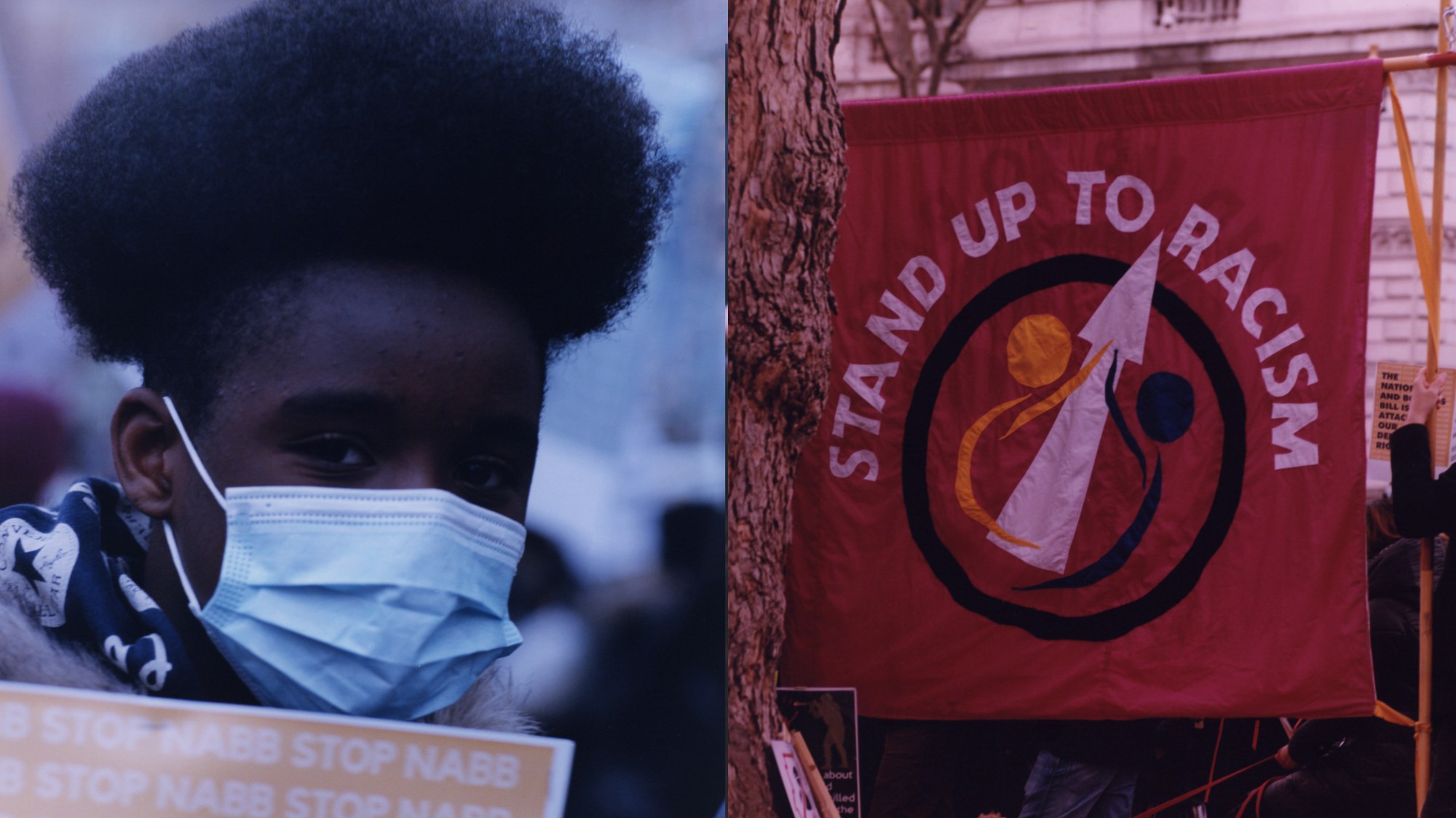Politics in the UK can often feel like nothing but headache-inducing white noise, but right now, it feels like something even worse. Headline after headline, story after story, Boris Johnson’s government has been defined by incompetence and corruption, from late lockdowns to ministers lining the pockets of their friends by giving out contracts over WhatsApp. Currently, the UK is fixated upon the revelation that government employees were enjoying Christmas parties while the country was locked down during Christmas last year. But far more sinister is the passing of Home Secretary Priti Patel’s Nationality and Borders Bill, which will allow the government to arbitrarily remove people’s citizenships and erode asylum seekers’ rights.
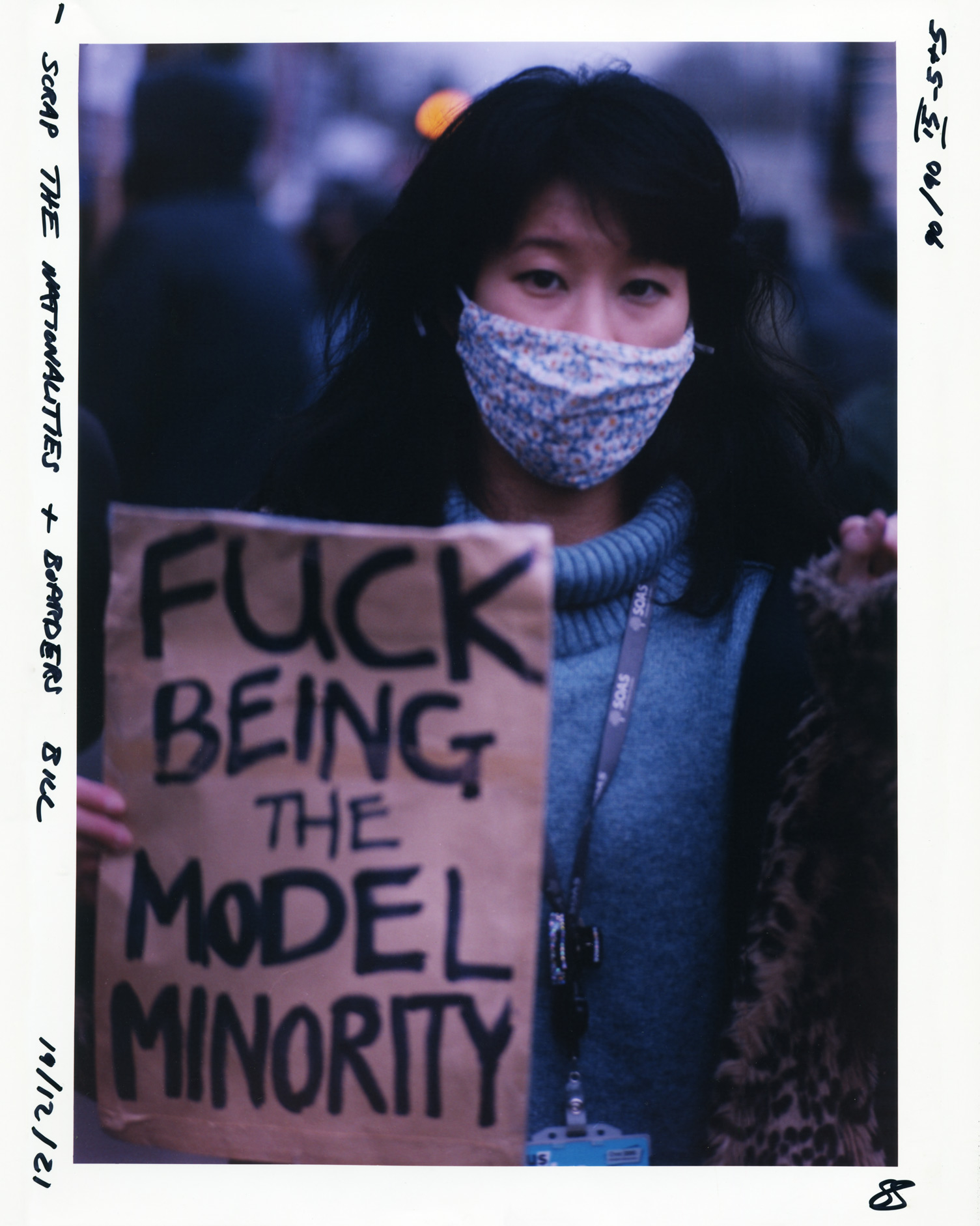
This week, MPs in the Houses of Common gave the immigration legislation its third reading by 298 votes to 231, meaning it now passes to the House of Lords with a majority of 67. Before we examine this unsettling bill any further, it’s important first to look back. Things are never as new as we think, and we must understand this government’s latest bill as part of a larger story of using laws as instruments of systemic racism. The realities of the present have deep roots in both the near and distant past. In 2018, the Windrush generation scandal revealed descendants of immigrants from the Caribbean who had lived and worked in the UK all their lives were being denied the pensions, healthcare and housing they were legally entitled to. Some had been threatened with deportation, all thanks to Theresa May’s “hostile environment” policy. And those were her words, not ours. “The aim is to create, here in Britain, a really hostile environment for illegal immigrants,” Theresa said.
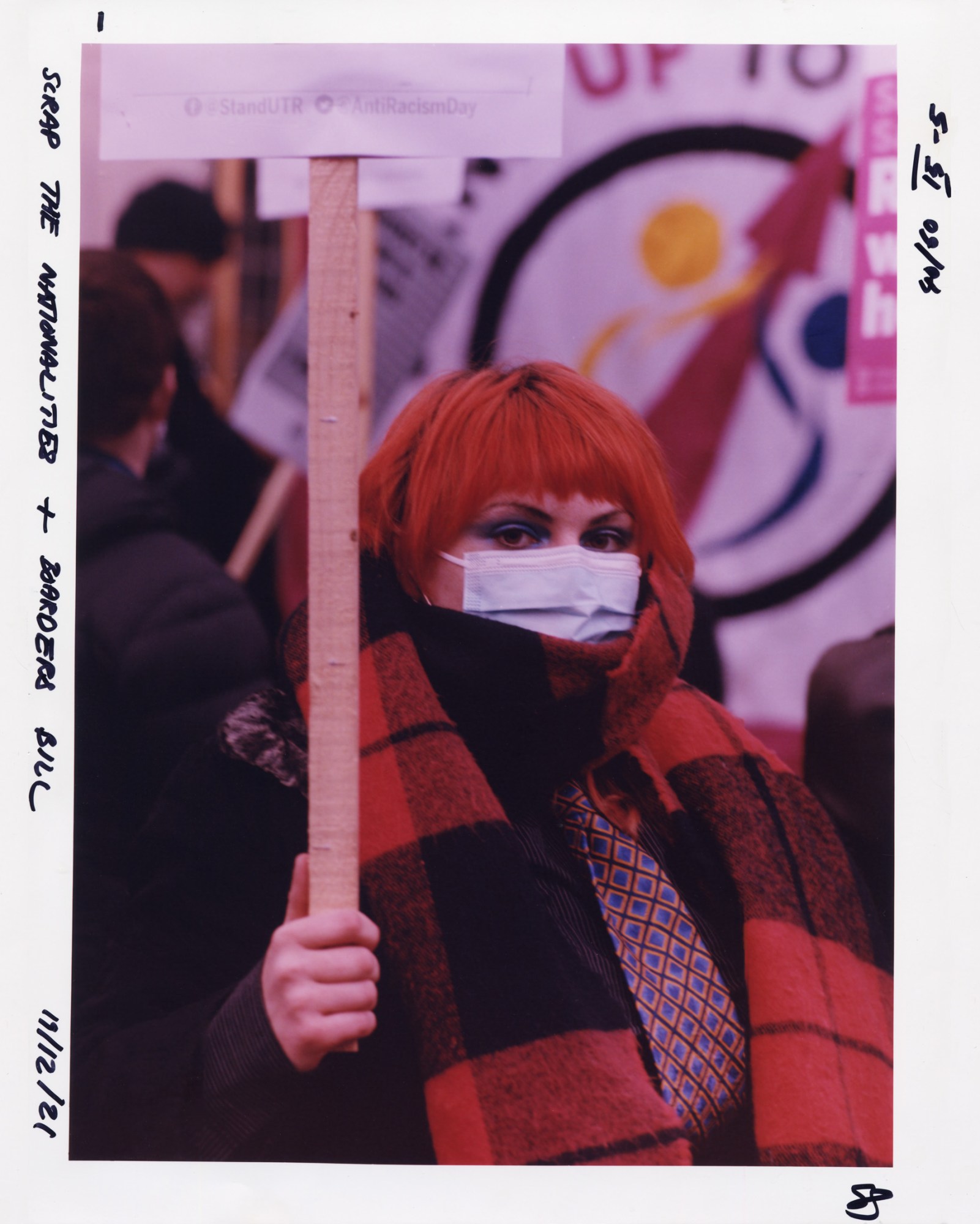
The policy turned employers, landlords and doctors, into border guards, with grave consequences for people without the correct documentation — despite the Home Office keeping no record of those they granted leave to remain from the Windrush Generation. Back in the 1940s, then-Labour Prime Minister Clement Attlee described the migrants as an “incursion“. A group of eight MPs wrote to him to say “an influx of coloured people” would “impair the harmony, strength and cohesion of our public and social life and cause discord and unhappiness among all concerned”. Immigration policy has long been a tool for discrimination against ethnic minorities, and this new bill is yet another example of this.
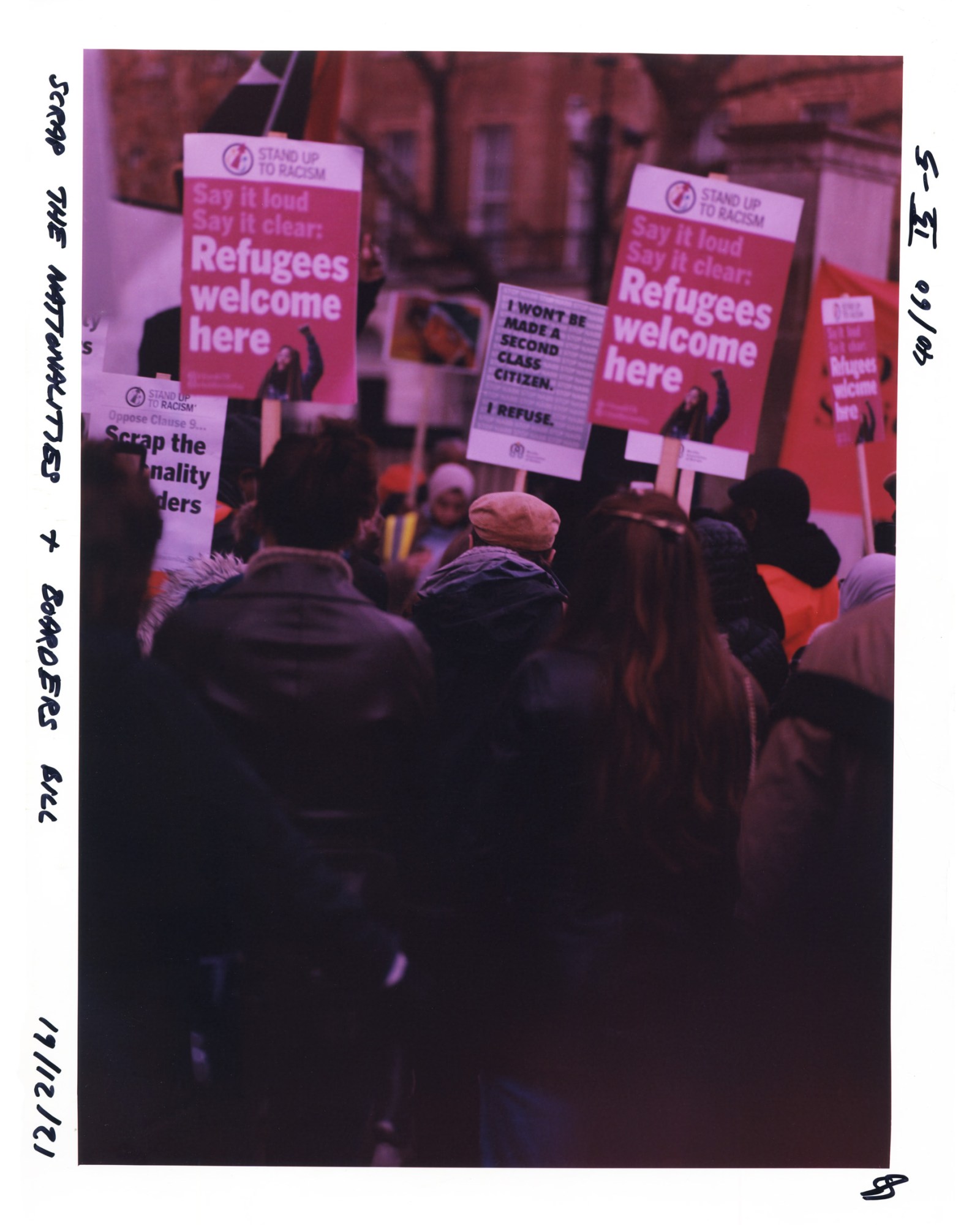
Last summer saw an eruption of energy in the BLM protests for racial justice. Millions of people turned out to protest. Since, Boris Johnson’s government has been on a mission to push back against these protests’ social progress, from the publishing of a government report that denied the existence of systemic racism to the recent trial of the Colston 4 who tore down the statue of the slave trader Edward Colston. Even the banning of an anti-capitalist perspective in education can viewed as an affront to this progress.
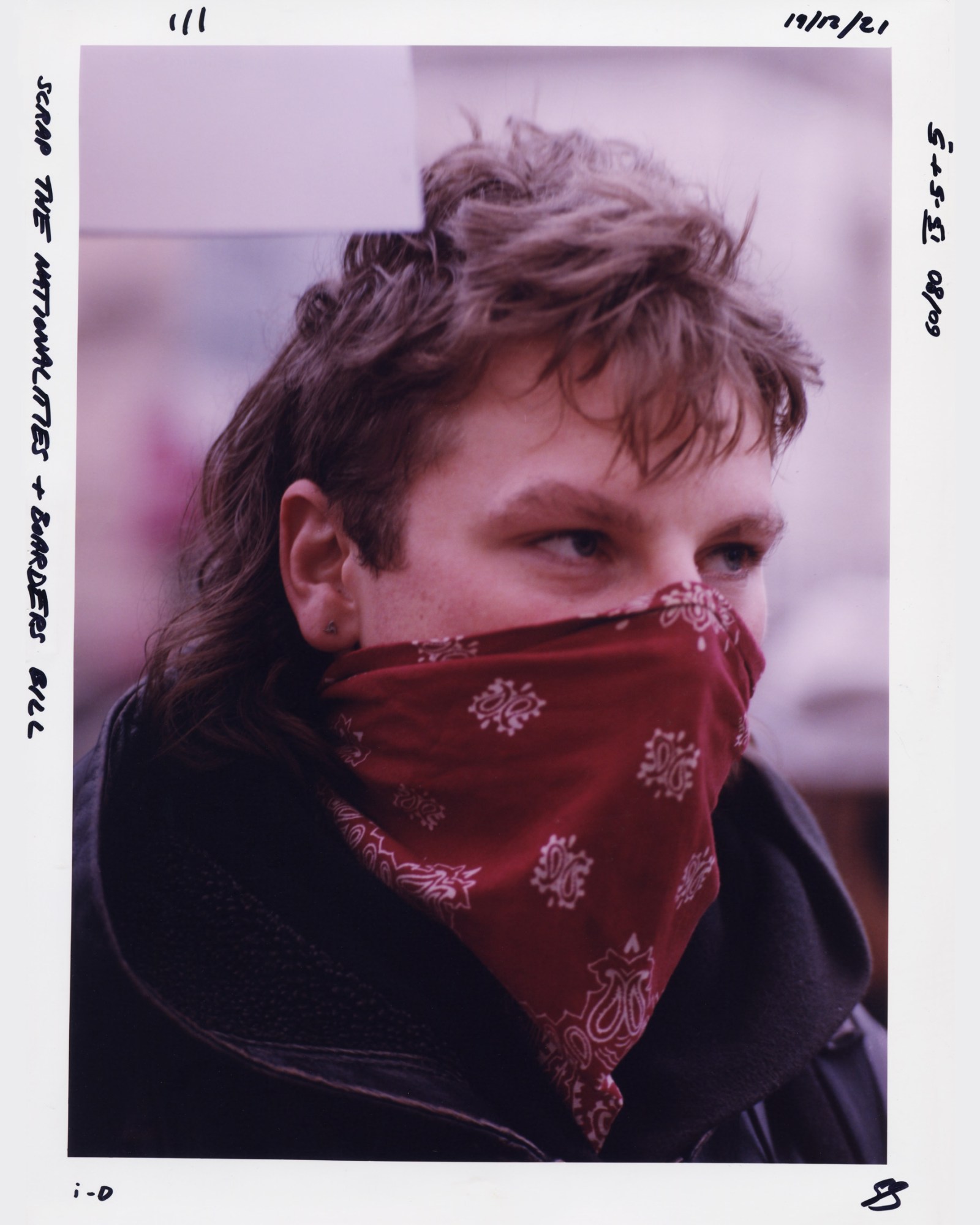
In short, Clause 9 of the Nationality and Borders Bill will create a second tier of citizenship, allowing the government, without notice, to strip millions of people with dual nationalities, or who were born outside the UK, of their citizenship. A lot of attention has been paid to this clause, but the bill has many other problematic elements. It will also target and severely weaken the rights of asylum seekers. The highest sentence for those entering the country “unlawfully” will increase from six months to four years in prison. In what is one of the most dangerous parts, it will allow border guards to turn back refugee boats. Though, in a welcomed step, the border force is refusing to implement this step. However, there is still more we must do to oppose the bill and the government’s regressive plan.
As a start, you can sign a petition gaining traction calling for Clause 9 to be removed from the bill. You can also donate to organisations which protect and advocate for migrants like the Joint Council for the Welfare of Migrants and the Royal National Boat institute who save refugees. It’s close to the end of “its legislative journey” and today (5th of January) the bill goes to a second reading in the House of Lords. A protest will take place in London’s Parliament Square at 1pm.

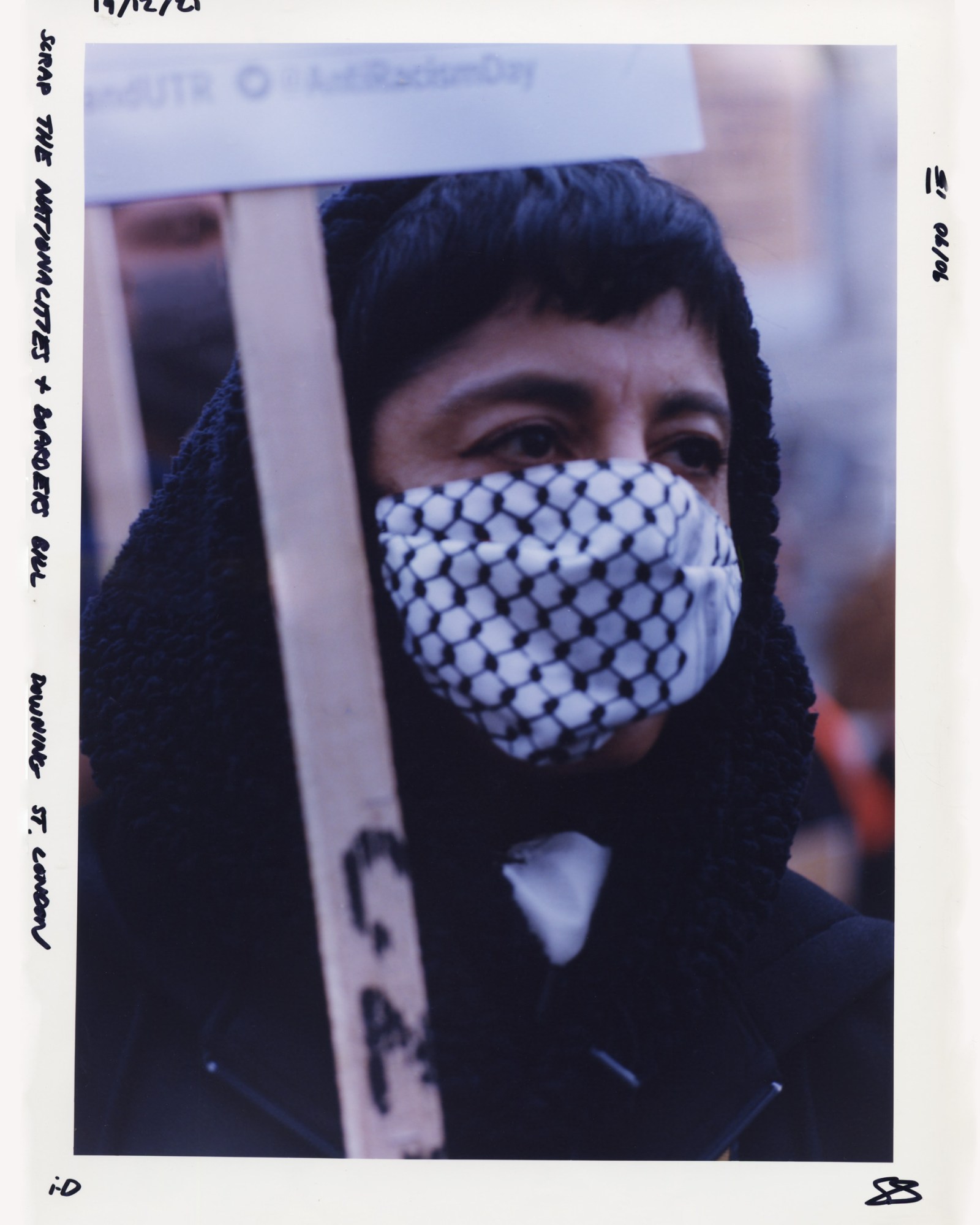

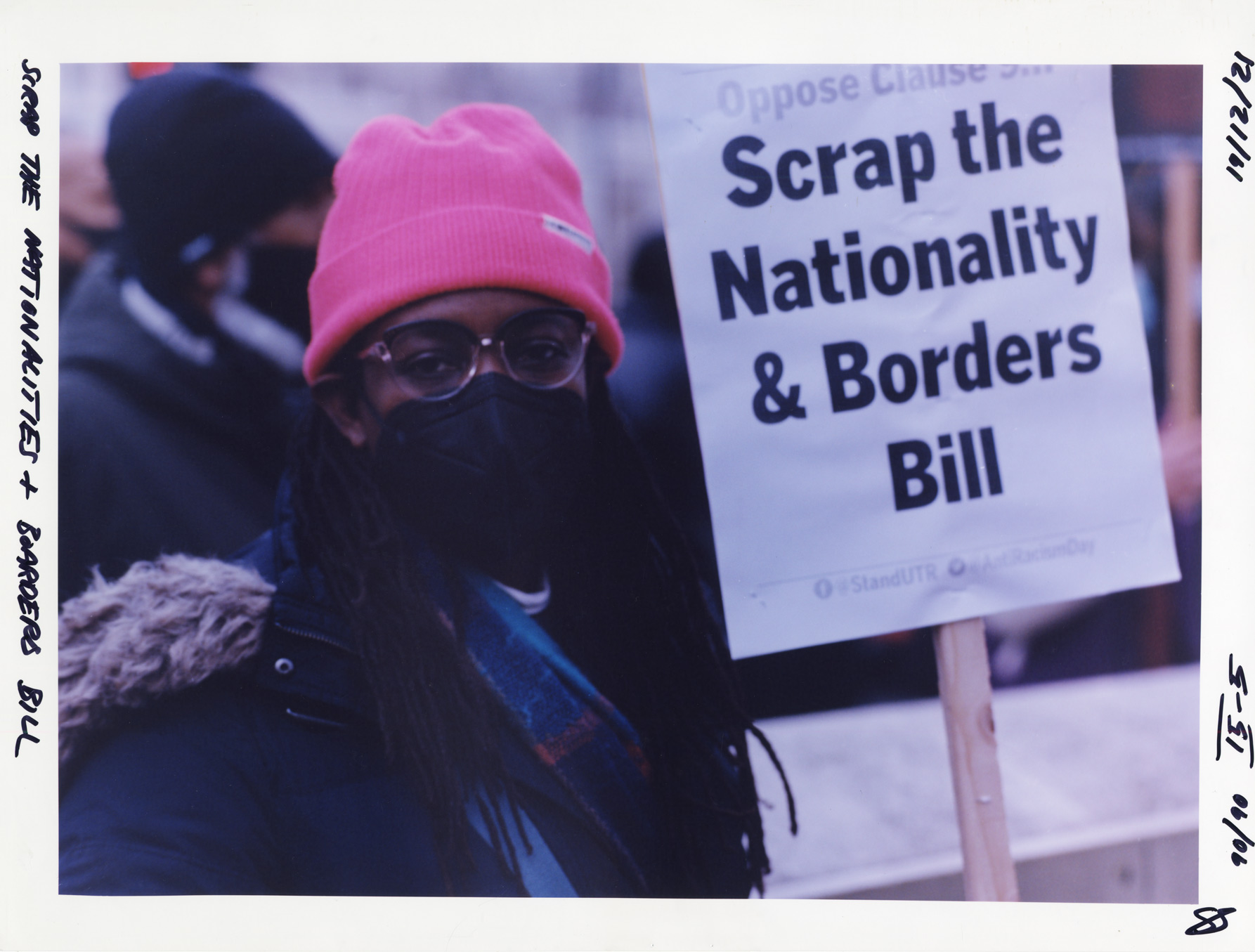
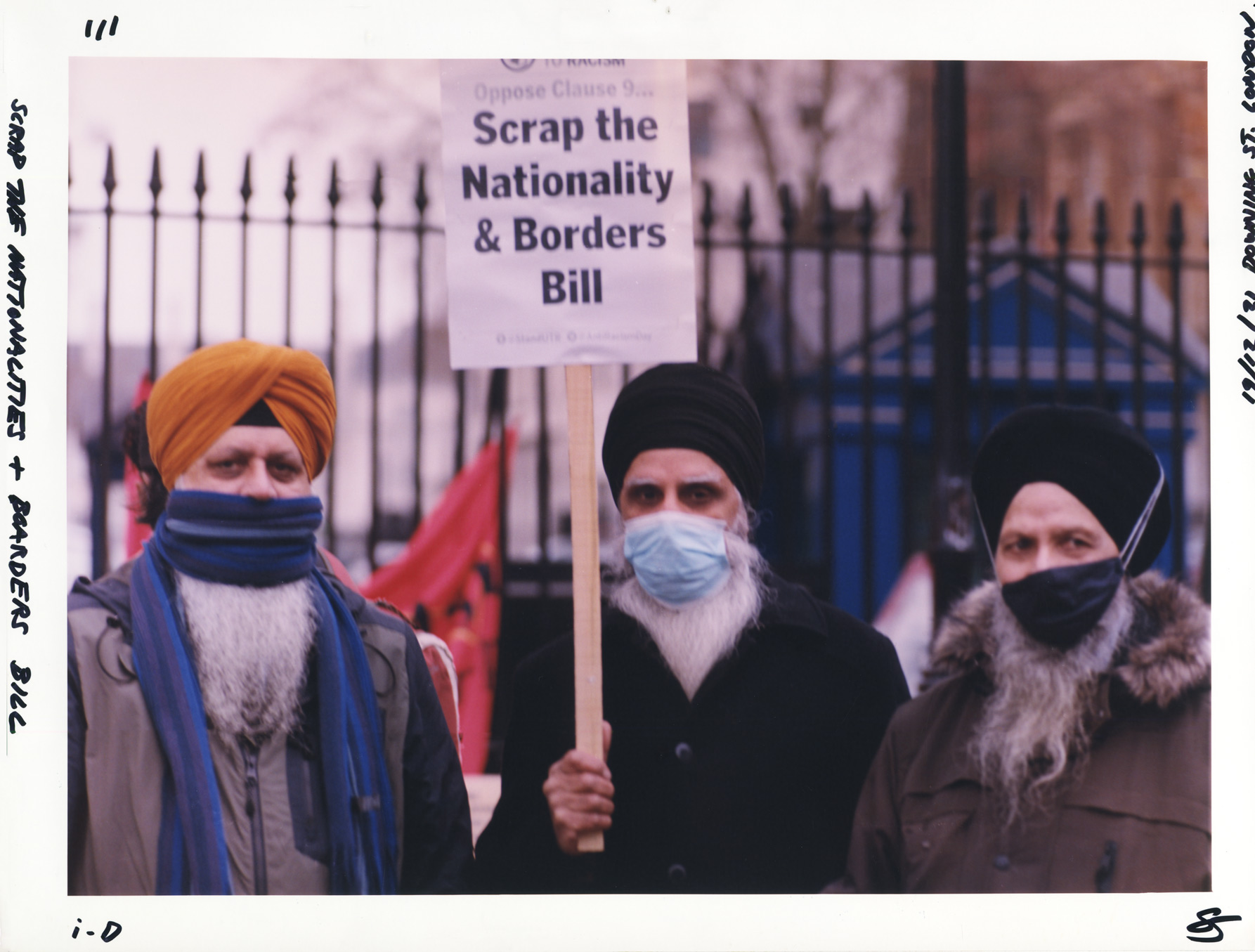
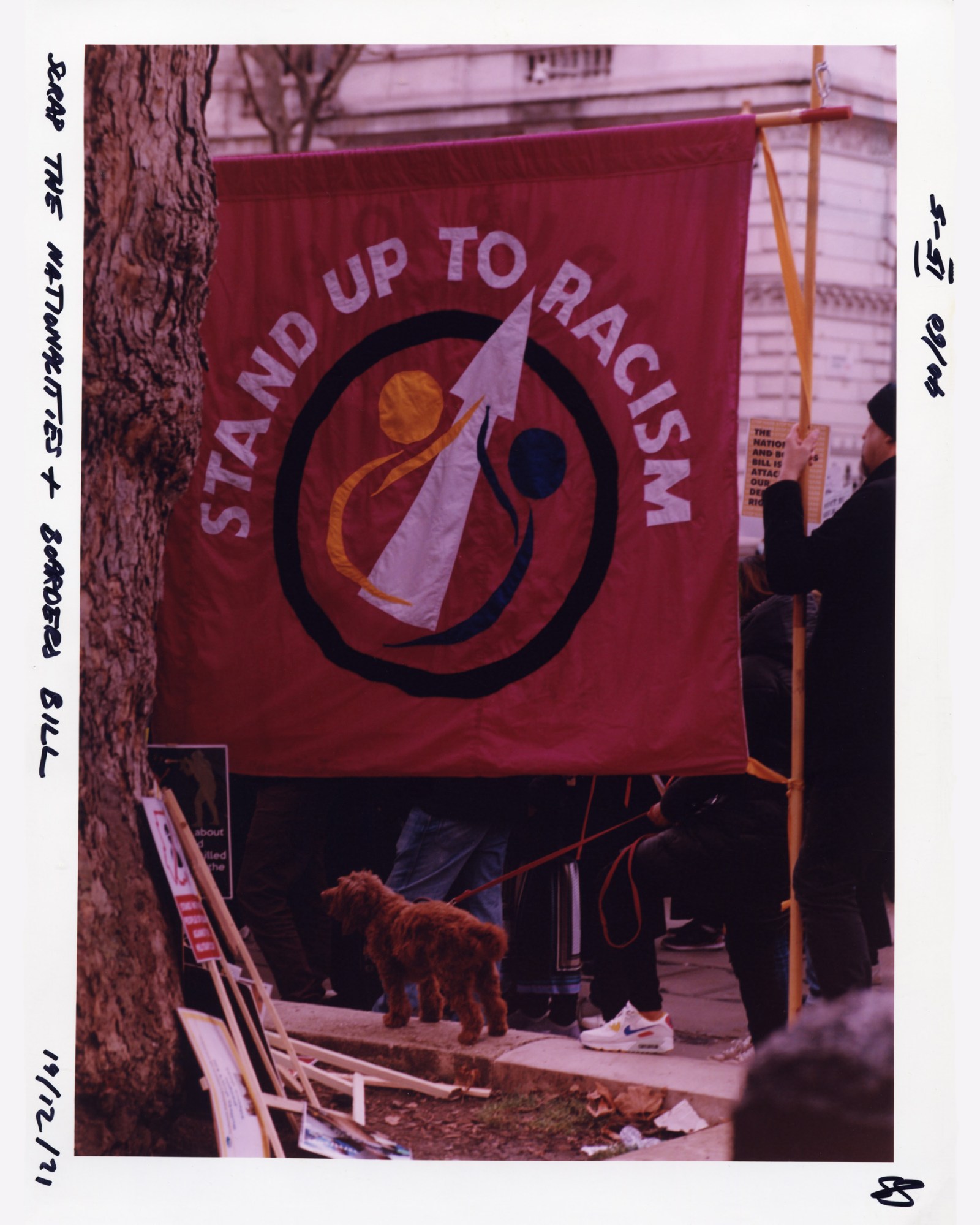
Credits
Photography Sarah Stedeford
